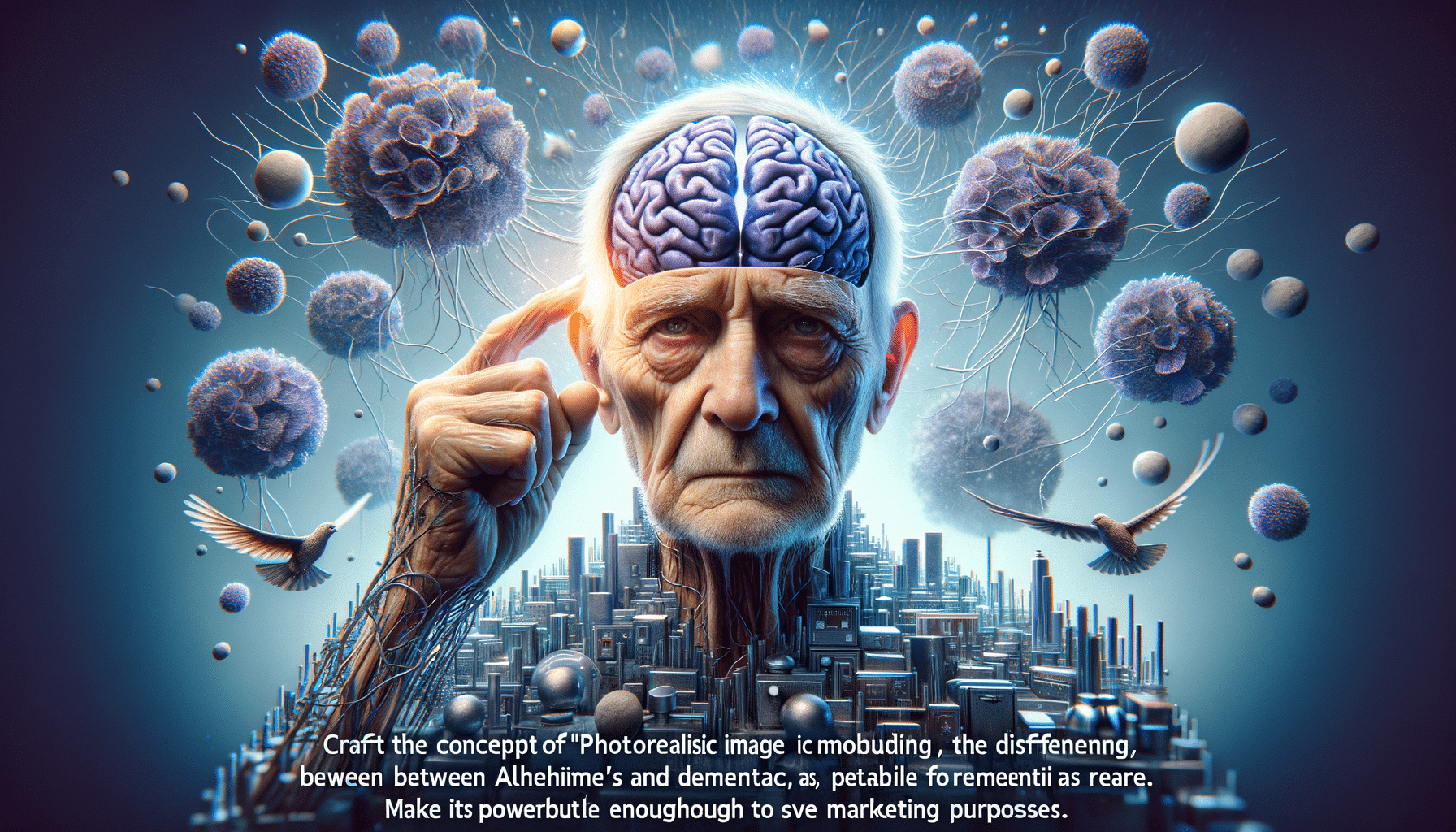
How to Care for a Loved One with Dementia: Tips and Support Strategies
Understanding Dementia and Alzheimer’s: Key Differences
Dementia and Alzheimer’s are terms often used interchangeably, but they represent different concepts. Dementia is an umbrella term that describes a range of symptoms affecting cognitive abilities, such as memory, reasoning, and communication. Alzheimer’s disease, on the other hand, is the most common cause of dementia, accounting for 60-80% of cases. Understanding the distinction is crucial for providing appropriate care and support.
While both conditions impact memory and cognitive function, Alzheimer’s is a specific brain disease marked by the gradual decline of cognitive abilities. It is characterized by the presence of amyloid plaques and tau tangles in the brain. Dementia, however, can result from various conditions, including vascular dementia, Lewy body dementia, and frontotemporal disorders.
Recognizing the differences can aid in early diagnosis and tailored treatment. For instance, vascular dementia results from reduced blood flow to the brain and may require different management strategies compared to Alzheimer’s. Therefore, a comprehensive evaluation by healthcare professionals is essential to determine the specific type of dementia and develop an effective care plan.
Can Dementia Go Away? Understanding Progression and Management
A common question surrounding dementia is whether it can be reversed or cured. Unfortunately, most types of dementia, including Alzheimer’s, are progressive and currently have no cure. However, some conditions that mimic dementia symptoms, such as vitamin deficiencies or thyroid problems, can be treated and reversed.
While the progression of dementia cannot be halted, certain interventions can help manage symptoms and improve quality of life. Medications may slow the progression in some cases, and therapies focusing on cognitive stimulation, physical activity, and social engagement can enhance well-being. Supporting a healthy lifestyle, including a balanced diet and regular exercise, can also play a role in managing symptoms.
It’s important for caregivers to stay informed about potential treatments and support options. Engaging with support groups and healthcare professionals can provide valuable resources and strategies for managing the challenges of dementia care effectively.
Does Dementia Cause Pain? Exploring Physical and Emotional Impact
While dementia primarily affects cognitive function, it can also have physical and emotional repercussions. People with dementia may not directly experience pain from the condition itself, but they may suffer from discomfort due to related health issues or complications.
Common physical symptoms include changes in appetite, sleep disturbances, and mobility issues, which can indirectly cause pain or discomfort. Additionally, individuals with dementia may have difficulty communicating their pain, leading to challenges in identifying and addressing their needs. Caregivers should be vigilant in observing non-verbal cues such as facial expressions, body language, or changes in behavior that may indicate discomfort.
Emotionally, dementia can lead to feelings of frustration, anxiety, and depression. These emotions can exacerbate the perception of physical pain. Providing compassionate care and emotional support is crucial in managing both the physical and emotional aspects of dementia.
Ensuring regular medical check-ups and collaborating with healthcare providers can help manage pain effectively. Non-pharmacological approaches like massage therapy, music therapy, and relaxation techniques can also be beneficial in alleviating discomfort and enhancing well-being.


